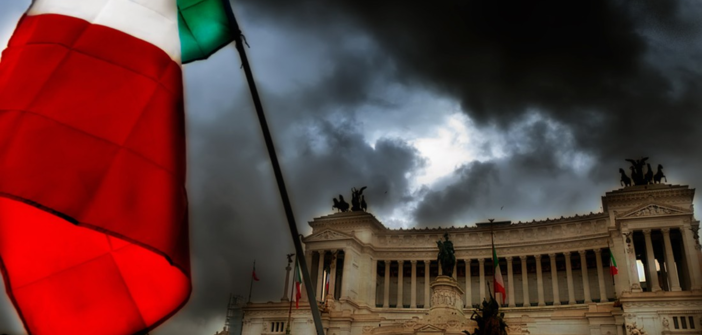Mr. Nobody did not manage the feat of rising from the rank of an ordinary citizen to that of President of the Council of Ministers without going through other stages: without political experience and with only the titles of lawyer (there are 237,000 lawyers in Italy – source Legaldesk) and university professor (there are 9,496 university professors – source Rof AR), Giuseppe Conte would have been the “ventriloquist” of Luigi Di Maio (political leader of M5S) and Matteo Salvini (Lega), the two populists who had agreed on a so-called “change agreement” program that had already agitated European partners and financial markets.
To better understand: imagine a government with Marine Le Pen as Minister of the Interior, Jean-Luc Mélenchon as Minister of Labor, and Arnaud Montebourg in Finance?
Appointed last Wednesday, he still had to present a list of ministers that the Head of State would accept in order for it to be effective – as required by the Constitution which stipulates that the Head of State has the power of appointment on the proposal of the President tasked by him with forming the government.
His decision to withdraw from the position was announced in the early evening, after a meeting with Italian President Sergio Mattarella, who refused to appoint Paolo Savona, 81 years old and a declared Eurosceptic, to the position of Minister of the Economy.
This refusal had outraged Matteo Salvini, the head of the League (far-right), and Luigi Di Maio, the leader of the Five Star Movement (M5S, anti-establishment), who are already calling for new elections to be organized.
The President of the Republic can now appoint a new Prime Minister at the head of a “technical” and minority government that will be temporary: he is going to appoint Carlo Cottarelli, former director of the IMF’s Fiscal Affairs Department, to the position.
He will be the one to lead the Government that will organize new elections in the fall and, until then, represent Italy in intergovernmental meetings.


